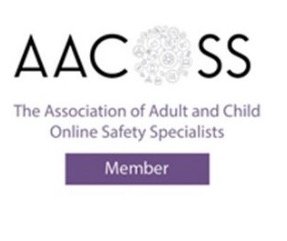Article
Compulsive Pornography Viewing
What to do if a child you care for is increasingly watching porn?
Some young people want to keep up with their friends who are sharing images or talking about what they watch. Many young children – even if they are at first annoyed, shocked or upset by pornography they see for the first time – will feel the urge to seek for it repeatedly. It can have this effect even on children who have not yet experienced sexual attraction.
There are biological and developmental reasons why a child may respond this way. Porn triggers some normal needs and motivations at a very vulnerable moment in their developing lives. Some young people may be driven to act upon what they see. They may feel a strong need to experience these sensations or fears again. These are new feelings and responses they might think of as grown up. They might not understand what is happening within themselves.
Pornography is addictive
Pornography quickly becomes irresistible for three reasons:
- It causes a high release of craving neurochemicals in the brain.
- Dopamine – the main neurochemical – is normally released in the body during sex or drug use or simply when eating sweet foods.
The dopamine rush
Pornography creates a dopamine rush that acts on the brain’s "reward centres" making it like a brain command to keep continue watching or find more.
- Child’s brain is still developing. The prefrontal cortex is not fully developed
The prefrontal cortex is the part of the brain responsible for controlling impulses and desires. This is where reasoning, making decisions, and assessing the consequences of our actions. Takes place It is not fully developed until we reach our twenties.
Emotionally mature?
But children’s emotional part of the brain where these impulses and desires emerge, is already active. They may not be mature enough to handle how they feel. Their early adverse experiences may contribute to how they respond. So it is unlikely that telling someone not to look at pornography will simply result in them stopping. They may say yes but not be able to do it.
They may also insist it is not harmful and all their friends do so too. Buy what they have seen can live with them, replaying in their mind even when not online or in front of a screen. It can harm their idea of a relationship and damage future healthy real life personal relationships.
They can feel guilty and increasingly thinking about it obsessively. This guilt can prevent them talking to you or any professional about it.
Fulfilling basic needs in safer ways may take some time to provide alternative sources of pleasure. They may believe that watching porn helps them escape other emotionally painful feelings. Perhaps thinking of happier times or recalling good memories can help.
You might find these useful
A consortium to support fostering in a digital age








